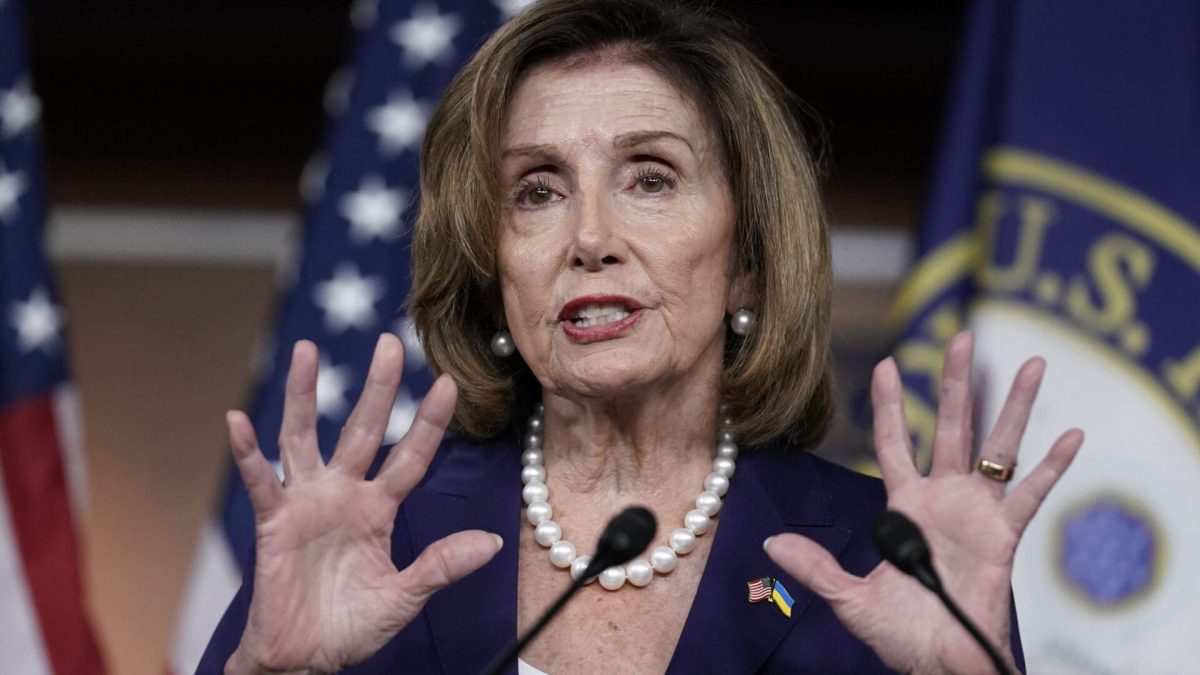Following President Donald Trump’s resounding victory, former Speaker of the House (and possible evil incarnate) Nancy Pelosi (D-Calif.) whined about gun rights voters to the New York Times.
In an interview with Times reporter Lulu Garcia-Navarro, Pelosi stated that cultural issues played an important role in the 2024 election. Garcia-Navarro asked the former House Speaker, “why did voters who earned less than $100,000 go for Trump in such large numbers?” Pelosi responded in part, “Well, there are cultural issues involved in elections as well… Guns, that’s an issue.”
Pelosi’s forthright acknowledgement of the gun vote is welcome public recognition of the powerful role gun owners play in American politics. However, astute observers of the 2024 presidential campaign will have seen earlier signs of this reality.
Try as they might, the Kamala Harris campaign couldn’t run far enough fast enough from the candidate’s decades-long anti-gun and anti-Second Amendment record. The Harris campaign claimed Harris no longer supported the type of firearm confiscation she repeatedly advocated in 2019. The handgun ban supporter touted how she supposedly owns a Glock pistol and how she would use it against a home invader.
The Harris campaign attempted to cast her anti-gun running mate, Gov. Tim Walz (D-Minn.), as some sort of gun-toting Midwestern everyman. The vice presidential candidate took to a Minnesota field in an ill-fated hunting photo-op. And of course there were the dopey Harris-Walz camouflage hats.
Gun owners can add Pelosi’s comments to the long list of prominent acknowledgements of pro-gun political power in presidential elections.
In 2017, twice-failed presidential candidate Hillary Clinton released her book, “What Happened,” about the 2016 presidential election.
Clinton repeatedly acknowledged NRA’s influence on the 2016 election and the broad political landscape.
Pointing out the grassroots power of gun rights supporters, Clinton explained, “The politics of guns has been toxic for a long time… The vocal minority of voters against gun safety laws have historically been more organized, better funded, and more willing to be single-issue voters.”
Recounting her first policy speech of the 2016 campaign, where she attacked NRA, Clinton admitted, “Going after the NRA is dangerous for candidates…”
Discussing NRA’s contribution to her defeat, Clinton noted,
As for the NRA, it kept its promise to do everything it could to stop me. All told, the gun lobby spent more than $30 million supporting Trump, more money than any other outside group and more than double what it spent to support Mitt Romney in 2012. About two-thirds of that money paid for more than ten thousand negative ads attacking me in battleground states.
Following the 2000 presidential election, President Bill Clinton spoke with CBS News’ Dan Rather about Vice President Al Gore’s loss. Rather asked Clinton, “Do you agree or disagree that some of your failures — policy as well as personal failures in the White House — had an impact on Al Gore’s losing?” The president replied in part, “I don’t think there is — I don’t know if you’d call this a policy failure, but I don’t think there’s any doubt that, in at least five states I can think of, the NRA had a decisive influence…”
Later in the interview, Clinton described NRA as “an effective adversary” and said, “you’ve got to give it to them, they’ve done a good job. They’ve probably had more to do than anyone else in the fact we didn’t win the House this time. And they hurt Al Gore.”
Through the decades, gun owners have made clear that they are a force to be reckoned with. By continuing to organize, and demonstrating the power of the pro-gun vote at the ballot box, NRA members and other gun owners can preserve our Second Amendment rights for years to come.
—Courtesy NRA-ILA
Read the full article here


